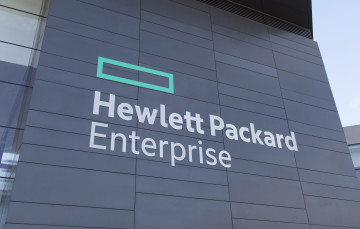 Hybrid IT services provider Ensono has been named as one of the first managed service providers to be recognised as a Microsoft Azure Expert MSP from the Microsoft pilot programme after an intensive audit process.
Hybrid IT services provider Ensono has been named as one of the first managed service providers to be recognised as a Microsoft Azure Expert MSP from the Microsoft pilot programme after an intensive audit process.
Ensono is now one of just 32 certified Azure Expert MSPs after proving itself as an expert ally in assisting clients in adopting Azure services. This certification recognises that Ensono clients on Azure receive continuous optimisation in spend and technology.
Ensono’s managed Azure clients will receive fully audited managed services and will have access to the most qualified consultants and technical resources throughout their digital transformation journeys.
The outfit underwent an in-depth audit that evaluated its technical expertise, assessment and design, build and migration, cloud operations and service management, security and governance, SLAs customer satisfaction, cost optimisation and reporting for its Azure services. Ensono’s Hyper Cloud Platform was a critical element in receiving the certification. This cloud management platform allows clients to have full visibility of their Microsoft Azure environment without having to worry about day-to-day management and long-term strategy.
Gavriella Schuster, corporate vice president, One Commercial Partner, Microsoft Corp. said: “Ensono continuously delivers excellence in Microsoft services to its clients, which is why recognizing them with this certification is well-deserved. Ensono’s dedication to its clients and leadership in managed services is exactly what we look for in Azure Managed Expert MSPs.”
Ensono worked with Sonoco, one of the largest diversified global packaging companies, to implement a cloud-first strategy through Azure GoLive, Ensono’s process for migrating clients to Azure. Ensono identified opportunities for digitally transforming workloads on Azure and lead the company’s transition from the mainframe to Azure. The migration provided the client with an improved user experience, cost savings, and a competitive advantage by delivering client-specific apps from Azure.
Executive Vice President of Technology and Strategy Brian Klingbeil said: “Our clients and global businesses looking to transform can be assured we provide optimal managed Azure services and a steamless digital transformation journey. “The Azure Expert MSP designation provides our clients with the reassurance that we are the right partner to take their cloud strategies to the next level.”

















